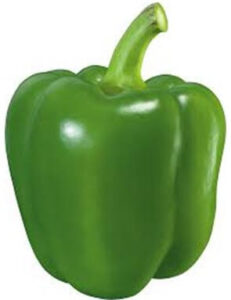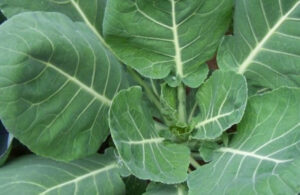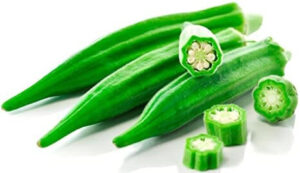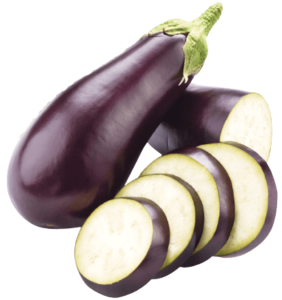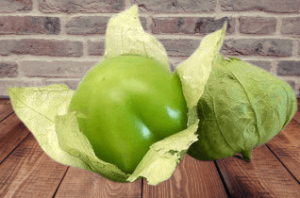List of vegetables names with pictures
What are Vegetables?
 The vegetable is all edible parts of plants, including flowers, fruits, stems, leaves, roots and seeds which humans or other animals take as food. Originally, The vegetable was collected from the forest by hunter-gatherers. At first, locally grown plants were cultivated, and over time commercially moved from one place to another as a foreign crop. China is the largest producer of vegetables. The Vegetable can be eaten raw or cooked which plays an important role in human nutrition. Most vegetables are low in fat and carbohydrates, but high in vitamins, minerals and dietary fiber. Many nutritionists encourage people to eat plenty of fruits and vegetables to stay healthy.
The vegetable is all edible parts of plants, including flowers, fruits, stems, leaves, roots and seeds which humans or other animals take as food. Originally, The vegetable was collected from the forest by hunter-gatherers. At first, locally grown plants were cultivated, and over time commercially moved from one place to another as a foreign crop. China is the largest producer of vegetables. The Vegetable can be eaten raw or cooked which plays an important role in human nutrition. Most vegetables are low in fat and carbohydrates, but high in vitamins, minerals and dietary fiber. Many nutritionists encourage people to eat plenty of fruits and vegetables to stay healthy.
Vegetable list with pictures:-
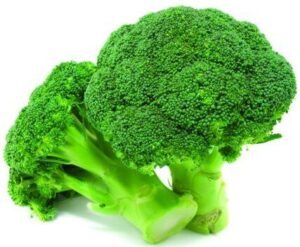 |
|
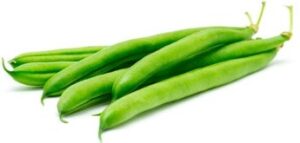
|
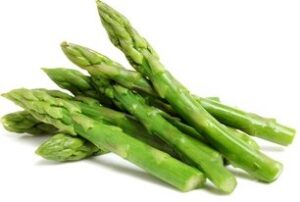
|
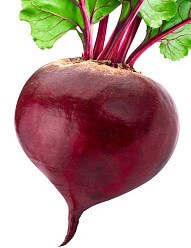
|
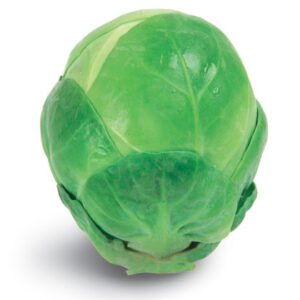
|

|
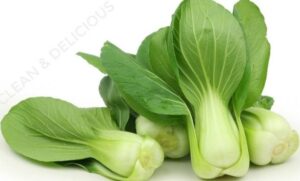
Bok choy |
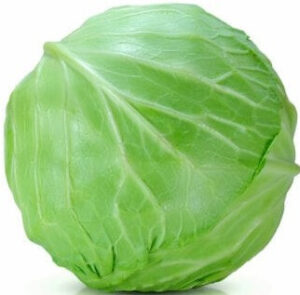
Cabbage |
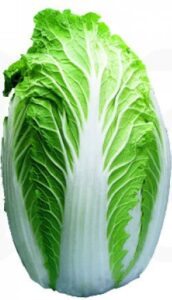
Chinese cabbage |

Cauliflower |
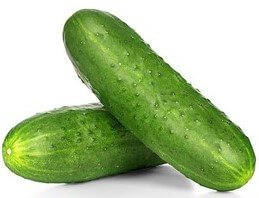
Cucumber |
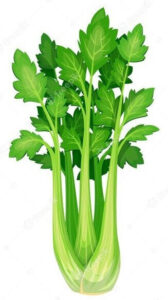
Celery |
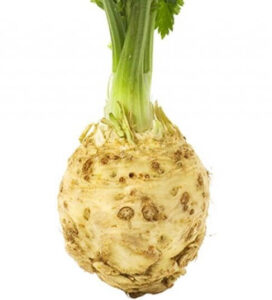
Celeriac |
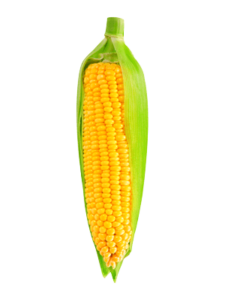
Corn |
Collard greens |
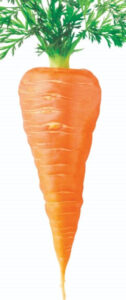
Carrot |
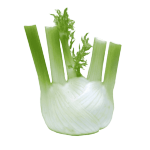
Fennel |
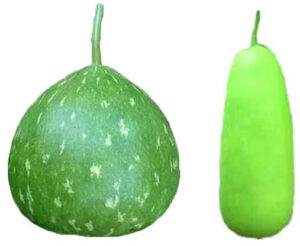
Gourd |
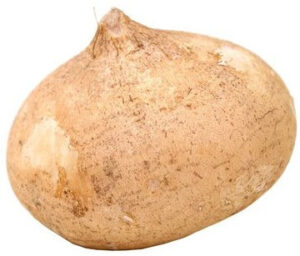
Jicama |
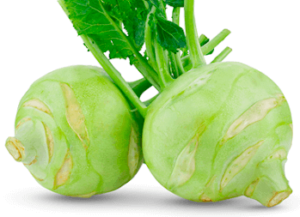
Kohlrabi |
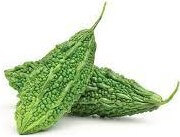
Karela |
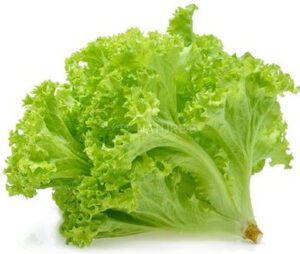
Lettuce |
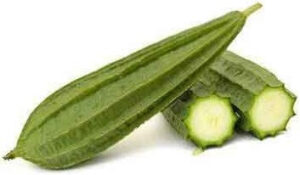
Luffa |
|
Okra |
Radish |
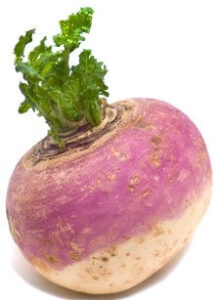
Turnip |
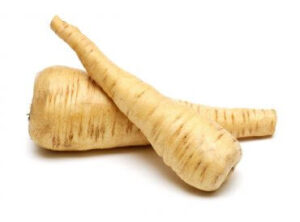
Parsnip |
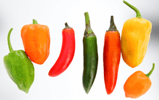
|
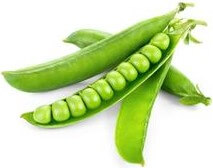
Peas |
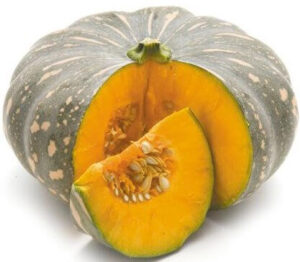
Pumpkin |
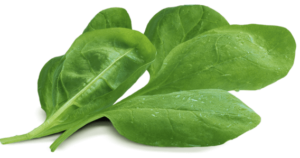
Spinach |
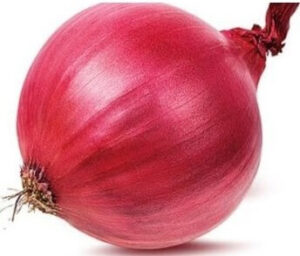
Onions |
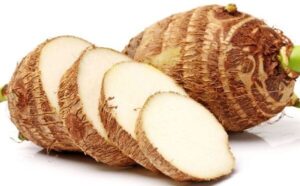
Taro root |
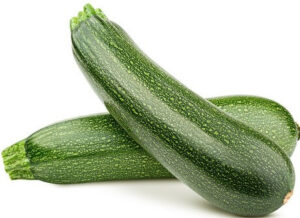
Zucchini |
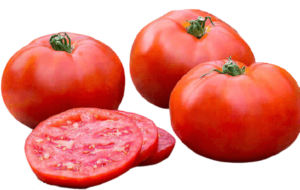
|
|
|
|
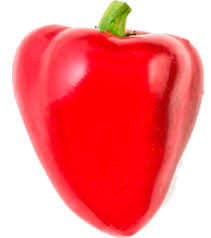
|
List of vegetables
Vegetables are essential food for everyone. These vegetable, with their variety of flavors, textures and nutritional benefits, play an important role in our daily nutrition and culinary creations.
Vegetables are nutritional powerhouses that provide many health benefits.
Vegetables are rich in essential vitamins and minerals. For example, spinach contains iron, which is crucial for blood health, while bell peppers are a great source of vitamin C, which boosts your immune system.
Dietary fiber found in vegetables like broccoli and carrots helps maintain a healthy digestive system. It helps in regular bowel movements and prevents constipation.
Most type of vegetables are low in calories, making them an excellent choice for those looking to maintain or lose weight. One cup of cucumber, for example, contains about 16 calories .
Vegetables like tomatoes are rich in antioxidants, which help protect your cells from damage. It can reduce the risk of chronic diseases like heart disease and cancer.
Many vegetables are high in water content. For example, cucumbers are over 90% water, which helps you stay hydrated.
Imagine a vibrant plate filled with the deep green of spinach, the bright red of bell peppers, and the sunny yellow of corn. Every bite not only delights your taste buds but also nourishes your body.
Take steps to include vegetables in your diet.
Including a wide variety of nutrient-dense foods in our diet not only contributes to overall health but also adds vibrancy and variety to our diet.
List of vegetables a-z
Here are 100 vegetable list names in English:-
| A | B | C | D | E |
| Acorn Squash Alfalfa Sprouts All Blue Potato Amaranth Ambercup Squash Anise Artichoke Arugula Ash Gourd Asparagus Avocado Adzuki Bean Ahipa Aonori Arame Arikara Squash Arrowroot Asian Greens Ash Gourd Azuki Bean |
Beetroot
Bell pepper Broccoflower Broccoli Brussels sprouts Beet greens Bok choy Bean sprouts Black beans Black-eyed peas Borlotti beans Broad beans Bitter melon Butternut squash Banana squash |
Chili pepper
Cayenne pepper Cabbage Cauliflower Celery Chicory Cilantro Chard Collard greens Chickpeas Chives Carrot Celeriac Corms Courgette Cucumber |
Dillettuce Dill coriander Daikon Delicata Dickinson Pumpkin |
Eggplant
Endive Eddoe |
| F | G | H | I | J |
| Fava Bean Fayot Bean Fennel Fiddlehead Field Cucumber Fiorentino Tomato Flat Beans Flat Italian Onion Flat White Boer Pumpkin Flint Corn Fluted Pumpkin French Bean French Sorrel Frisée Futsu Squash |
Garlic Gem Squash German Butterball Potato Gigante Bean Ginger Gold rush Squash Great Northern Bean Green Bean |
Horseradish Haricot beans Habanero Pepper Honey Bear Squash Honeynut Squash Hot Pepper Hubbard Squash |
Iceberg Lettuce Ice Cream Bean Irish Moss Italian Red Onion Ivy Gourd |
Jalapeño
Jicama Japanese Sweet Potato Jerusalem artichoke |
| K | L | M | N | O |
| Konjac
Kohlrabi Kale Kidney beans Kumara |
Lettuce
Lentils Leek Lima beans or butter bean |
Mangel-wurzel
Mustard greens Marrow Mung beans Mange tout or snap peas Mushrooms |
Navy beans
Nettles Neeps New Zealand spinach |
Oca
Okra Onion |
| P | Q | R | S | T |
| Paprika Parsnip Pattypan Squash Pea Peanut Pepper Peruvian Purple Potato Pie Pumpkin Pinto Bean Potato Purple Asparagus Purple Bell Pepper Purple Brussels Sprout Purple Cabbage Purple Carrot Purple Cauliflower Purple Corn Purple Kale Purple Lettuce Purple Majesty Potato Purple Radish Purple String Bean Purple Tomato |
Quassia | Radicchio Radish Red Bell Pepper Red Bliss Potato Red Cabbage Red Carrot Red Gold Potato Red Kuri Squash Red Onion Red Russian Kale Red Warty Thing Squash Red Wing Onion Rhubarb Rosemary Runner Bean Russian Banana Potato Rutabaga |
Squashes
Savoy cabbage Sour cabbage Spinach Split peas Soy beans Shallot Scallion Sour yam Sweet potato Sweet yam Salsify Skirret Succotash Sweetcorn Spaghetti squash Sweet potatoes |
Tomatillo
Tomato Tat soi Topinambur Tabasco pepper Taro Turnip Tubers Turnips
|
| U | V | W | X | Y | Z |
| Ube Udupi Mattu Gulla Eggplant. Ulluco Upland Cress Urad Bean |
Velvet Bean Vidalia Onion Vivaldi Potato Vitelotte Potato Vine leaves |
Wasabi Water Chestnut Watercress Wax BeanWitloof White 7 Pot Pepper White Asparagus White Bell Pepper White Corn |
Xi Lan Hua Xi Yang Ca Xà Lách Xanthosoma Sagittifolium Xanthosoma Brasiliense |
Yam Yellow Onion Yellow Summer Squash Yellow Tomato Yukon Gold Potato |
Zucchini
Zephyr Squash |
Nightshade Family of Vegetables
The nightshade family of vegetables, also known as Solanaceae, includes some of the most beloved and widely consumed vegetables in the world.
These vegetables that are nightshades are staples in many kitchens.
Let’s get to know the common types of nightshade vegetable and discover their unique qualities and benefits.
The nightshade plant contains a variety of alkaloid compounds and nutrients that cause physiological changes in the body. The name “nightshade” describes how these plants prefer to grow and flower at night and in the shade. So many people call it night shade vegetables.
Vegetables of the Nightshade family
- Tomatoes
- Tamarillos
- All potatoes, except sweet potatoes
- Eggplant
- All bell peppers and other peppers (except peppercorns)
- Ground cherries
- Goji berries
- Pimentos
- Tomatillo
Are vegetables from the nightshade family bad for you ?
For most people, there is no need to avoid nightshade, as it has not been linked to negative health consequences. These foods are incredibly healthy and offer more health benefits than the cost.
Low carb vegetables names
- Bell peppers
- Broccoli
- Asparagus
- Mushrooms
- Zucchini
- Spinach
- Avocados
- Cauliflower
- Green beans
- Lettuce
- Garlic
- Kale
- Cucumbers
- Brussels sprouts
- Celery
- Tomatoes
- Radishes
- Onions
- Eggplant
- Cabbage
- Artichokes
Vegetables high in dietary fiber
- Artichokes
- Broccoli
- Asparagus
- Peppers
- Cauliflower
- Brussels sprouts
- Kale
- Mushrooms
- Collard greens
- Turnips
- Parsnips
- Carrots
Vegetables are high in protein
A healthy source of protein in your diet every day is very important. Protein helps your body with several important functions.
You can change the content of some vegetables that have high protein in the body.
- Edamame
- Pinto beans
- Mung beans
- Fava beans
- Lima beans
- Green peas
- Pistachios
- Brussels sprouts
- Potatoes
- Asparagus
- Broccoli
Starchy vegetables with name
Starchy is the main type of carbohydrate in your diet which is referred to as a complex carb.
Because it is made up of several linked sugar molecules.
However, most vegetables contain small amounts of starch and are classified as vegetables that are not starchy.
- Butternut squash
- Chickpeas
- Cassava
- Corn
- Lentils
- Lima beans
- Plantain
- Parsnips
- Peas
- Potatoes
- Sweet potatoes
- Taro
- Turnips
- Winter squash
- Yams
Non starchy vegetables
- Arugula
- Asparagus
- Brussels sprouts
- Broccoli
- Celery
- Cauliflower
- Cabbage
- Cucumber
- Eggplant
- Jicama
- Mushrooms
- Onions
- Peppers
- Swiss chard
- Kohlrabi
- Red peppers
- Tomato
- Turnips
- Zucchini
Can dogs eat vegetables?
Fruits or vegetables are safe as part of a dog’s diet. It can dogs have vegetables diet as they provide sources of vitamins, minerals and antioxidants.
What vegetables can dogs eat?
These are the most common vegetables found in dog food:
- Beets
- Broccoli
- Brussel Sprouts
- Cauliflower
- Carrots
- Celery
- Corn
- Green Beans
- Peas
- Spinach
- Sweet Potato
Best vegetables for weight loss
Eating vegetables is one of the easiest and most effective ways to maintain a healthy weight.
Many vegetable is naturally low in calories but high in water and fiber, which can help keep you fuller for longer.
In addition, vegetables are rich in vitamins, minerals and other beneficial plant compounds that can reduce inflammation and protect against chronic health conditions.
Vegetables can be included in your diet to support a healthy and sustainable weight loss journey.
- Asparagus
- Brussels sprouts
- Spinach
- Cauliflower
- Carrots
- Bell Peppers
- Zucchini
- Green Beans
- Cabbage
- Edamame
- Beets
- Broccoli
- Sweet Potato
References:
